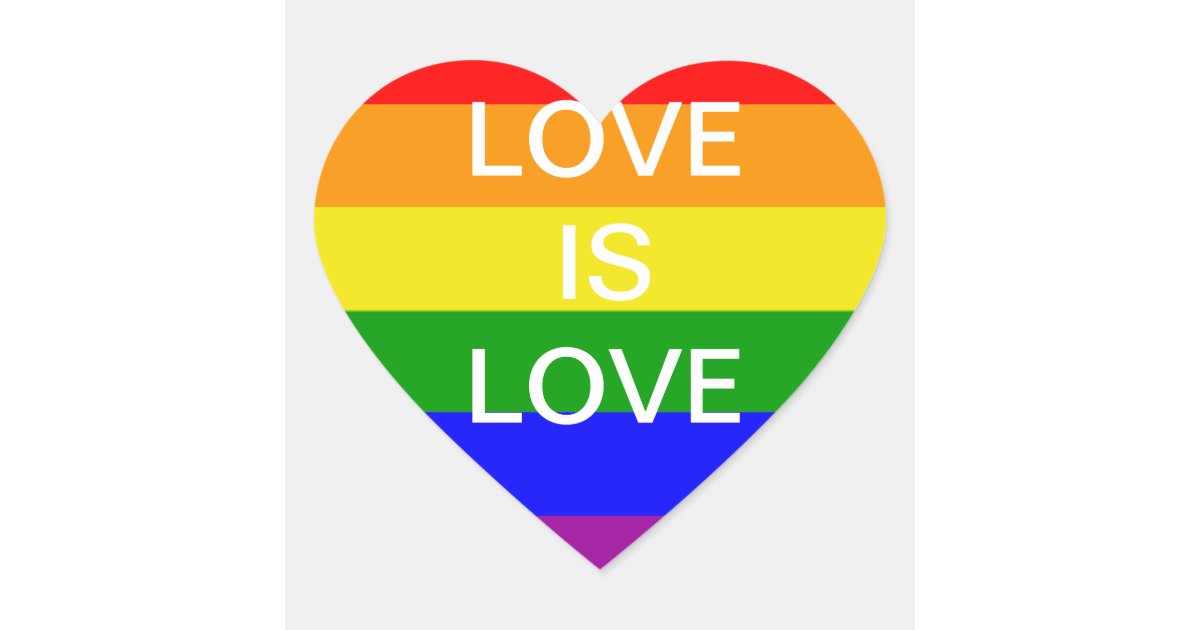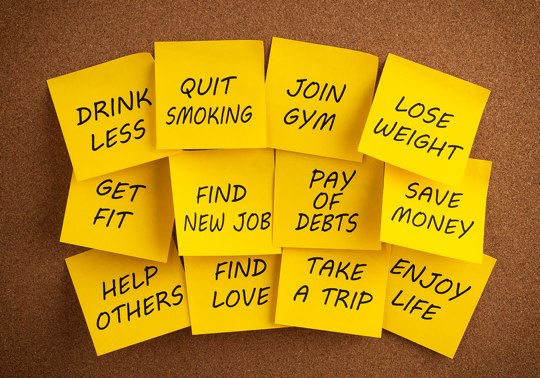It must have been dark; these things seem to happen in the
middle of the night.
It must have been frightening—the darkness and the chaos
combined with a rush of adrenaline coursing through their bodies.
It must have been been exhilarating—not the sheer physicality
of the task, but the emotional risk, and payoff, of the choice they made.
The screams of the woman in labor. The coaching. The yelling. The
silence. The intake of breath. The cry of an infant. The silence. The agony.
The fear. The unknown. But the power. The power. Each time, each night, each
birth—standing on the precipice. Quietly resisting. Quietly moving forward.
Quietly creating a future.
In the midst of it all: an angry Moses, a dead Egyptian, a burning
bush, a Divine revelation—the Book of Exodus opens with a quiet revolution, a
model of resistance, a testament to the power of individuals, of women, life,
birth, and hope.
The king of Egypt said to
the Hebrew midwives, whose names were
Shifra and Puah, “When you are
helping the Hebrew women during childbirth on the delivery stool, if you see
that the baby is a boy, kill him; but if it is a girl, let her live.” The midwives,
however, feared God and did not
do what the king of Egypt had told them to do; they let the boys live. (Exodus 1:15-17)
In the darkness, they created light. In the fear, they found
moral courage. Under the rule of unjust leadership, they found spiritual
resistance. To fear God, to revere God and hear God’s call over that of our
flawed human leadership, is to find a sense of history and future, to
understand our place in eternity, to play a moral and spiritual long game.
It is 5am on an April morning in 1992, just across town. Along
with my mother and other members of our synagogue community, I climb aboard a
bus headed to Washington, DC for a major rally—the March for Women’s Lives. On
that day, marching proudly as a member of a Reform synagogue, I learned what it
meant to put values into action. On that day, I learned that Judaism had a
language for that; I learned that Judaism had a language that spoke deeply to
the social issues of our time. On that day, I knew I wanted to become fluent in
that language, the language of the prophets who teach us that God’s work, holy
work, is in feeding the hungry and housing the homeless, in clothing the naked
and freeing the captive.
If you’ve heard me speak of my path to the rabbinate,
of why I became a rabbi—you’ve heard me speak about text and tradition, about
Israel and Jewish time, perhaps about the Divine and prayer. But none of those
relationships—nothing that I learned or felt or sought in Judaism, would have
happened if not for that dark April morning. The fear, the unknown—but also the
power.
I know that for many of us in this room tonight, today was a
dark day. Today was a day of fear and sadness and anger and trepidation. Kol hatchalot kashot, our text teaches
us—all beginnings are difficult, but today feels more than that. It feels
scary. It feels heavy. It feels unsure and unjust. And, I think even if you sit
across the political divide from me---you will acknowledge that there has been
a breach, that we as a people are fractured and broken as never before in my
memory.
Today feels like a dark day—but, in the words of Valerie Kaur, a Sikh teacher and activist-- "What if this darkness is not the darkness of the tomb
– but the darkness of the womb?" What if today, this moment, is a moment
of birth—fraught with danger, but also with endless possibility.
Like many of you, I sought out this place on the Shabbat after
Election Day. Newborn daughter on my chest, I stood in this Sanctuary—with an
almost High Holy Day crowd—seeking community, seeking consolation—but above
all, seeking inspiration and hope. And I found it—and continue to find it—in this
place and with all of you. So too, tonight, I look to you—to us—not only for
comfort, but for inspiration. For the courage of moral and spiritual
resistance. Because it is what our tradition demands, and it is what we can do.
There are hundreds of texts which I could share tonight—texts
that implore us to protect, to love, the stranger and the orphan and the widow.
Texts that remind us to leave the corners of our fields for those who do not
have enough. Texts that speak of justice and of righteousness. Texts that form
the core of our Torah and prophetic tradition. Texts that you have read or
heard a thousand times. Instead, I want to offer you this teaching. Rav Abraham
Isaac Kook, the first chief rabbi of what would become the State of Israel,
spoke of our responsibility, as humans and as committed Jews. He wrote:
The righteous need not
accept evil, but rather increase righteousness in the world. They need not
accept rejection, but rather increase faith in the world. They need not accept
ignorance, but rather increase wisdom in the world. (Arpelei Tohar)
This
is our task, our mandate, the foundation of our spiritual resistance and moral
courage; this is the work of the midwives. We need not accept hatred, but
rather increase love in the world. We need not accept xenophobia, but rather
increase our welcome. We need not accept misogyny, but rather increase feminism
in the world. We need not accept homophobia, racism, anti-Semitism, but rather
increase justice and equality in the world. We need not accept dishonesty, but
rather increase truth in the world. We need not accept violence, but rather
increase compassion in the world. Increase trust. Increase hope.
Increase
love. Increase love. Increase love.
We
will do it in small ways—in everyday acts of kindness and compassion; a smile
on the subway, a kind word or gesture when someone is struggling. We will do it
privately—through our donations and our rituals at home. We will do it publicly—standing
proudly with and for our black, brown, white, Muslim, Christian, atheist gay,
straight, transgender, immigrant neighbors; we’ll do it in Washington, DC and Albany,
speaking truth to power—making calls and writing emails and visiting our elected
officials--holding up our values, our hopes, and our vision. And we will do it Jewishly—guided,
inspired, and commanded by the words of our Torah, a teaching that is deeply
political….though non-partisan. And, we will do it together—in community and in
power.
Some
of us started this morning, packing backpacks for hungry children in New York
City. Some of us are starting tonight, opening our spiritual home for men in
need of a safe place to spend a night. Some of us will start tomorrow; in the
streets of Manhattan and Washington, DC. We might start the next day, or the
next—but know this: We need not—we MUST not—simply accept what is. We must—we are
commanded—to work for what can still be.
Last
Shabbat, Rabbi Levine quoted Dr. Martin Luther King Jr’s final sermon to his
congregation—titled The Drum Major Instinct. In prescient, powerful, and
poignant words, he told his congregation what he hoped would be said about him
at his funeral:
And
if you get somebody to deliver the eulogy, tell them not to talk too long. And every now and then I wonder
what I want them to say. Tell them not to mention that I have a Nobel Peace
Prize—that isn’t important. Tell them not to mention that I have three or four
hundred other awards—that’s not important. Tell them not to mention where I
went to school.
I'd like
somebody to mention that day that Martin Luther King, Jr., tried to give his
life serving others.
I'd like for
somebody to say that day that Martin Luther King, Jr., tried to love somebody.
I want you to
say that day that I tried to be right on the war question.
I want you to be
able to say that day that I did try to feed the hungry.
And I want you
to be able to say that day that I did try in my life to clothe those who were
naked.
I want you to
say on that day that I did try in my life to visit those who were in prison.
I want you to
say that I tried to love and serve humanity.
Yes, if you want
to say that I was a drum major, say that I was a drum major for justice. Say that I was a drum major for
peace. I was a drum major for
righteousness.
Amen
v’amen—would that I could ever give a sermon that good. Yes, to all of those
visions and hopes. Yes.
But
tonight, I want us to imagine something else. Dr. King himself, in that very speech, first touches on the dangers of the drum major model--of its temptations and weaknesses. I want to imagine a model of
leadership, of courage, and of resistance that is not that of Moses. One that
is not that of Dr. King. In the spirit of this Shabbat, of all Shabbatot, I
want to offer a model that is, I say proudly, a little more female. Let us be
midwives--not one single person leading a crowd, but a collective power that urges us to resist. To breathe. To push. To birth.
 |
| From the Mississippi Friends of Midwives website (http://bit.ly/2jIQenP) |
I want us to be midwives; we can be leaders who coach and
comfort, who guide and grapple, who usher new hope and potential into the
world. And so, tonight, on this Shabbat, on this Inauguration day: Let us strive to be midwives. Midwives of
justice. Midwives of compassion. Midwives of righteousness. Midwives of
kindness. Midwives of love. Each time, each night, each birth—standing on the
precipice. Resisting. Moving forward. Creating a new future. Loudly. Proudly.
Together. Increasing love. Increasing love.
Amen.


